Group Leader: Michał Studziński
“Exploring the Quantum Frontier—Where Ideas Become Reality.”
The aim of the Quantum Devices in Computer Science group is to focus on unlocking the power of symmetries in quantum systems and understand the induced capabilities for quantum computation and quantum data transmission protocols. Our scientific activity is based on strong mathematical foundations relying on developing and applying advanced tools in representation theory.
Activity
Specific goals include:
- To develop algorithmic schemes for (i) quantum measurements and (ii) for NISQ and beyond-NISQ quantum computing.
- To optimize devices for particular implementations and to develop novel paradigms for special purpose quantum devices beyond quantum computing.
- Advancing higher-order quantum computation as well as quantum error correction.
- Understanding the influence of noise on existing quantum algorithms, universal programmable quantum processors, and quantum data transmission protocols.
- Exploring role of symmetries in quantum machine learning methods and quantum computing. Focus on developing new more efficient methods in this area.
- Development of new mathematical tools relying on representation theory, such as Schur-Weyl duality, mixed Schur-Weyl duality, and others. Exploring role of these symmetries for complexity reduction in SDP problems related to quantum information.
- Studying indefinite causal structures in the context of higher-order quantum computing – exploring its fundamental capabilities.
- Studying fundamental relations between learnability and simulability of probability distributions coming from local quantum circuits.
Group members
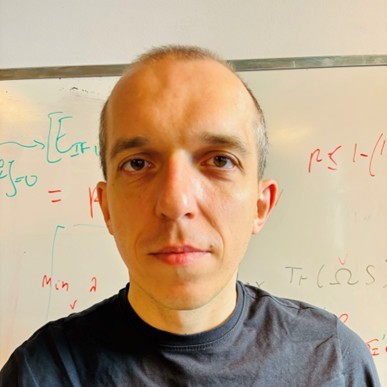
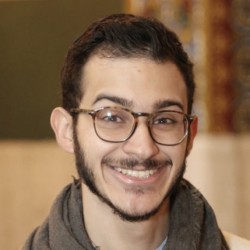
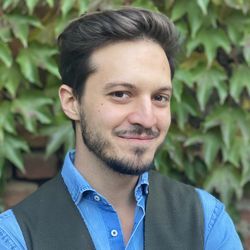
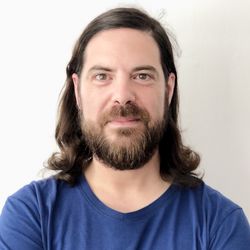
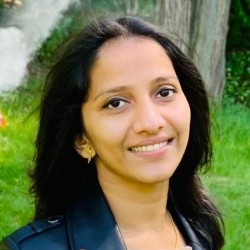
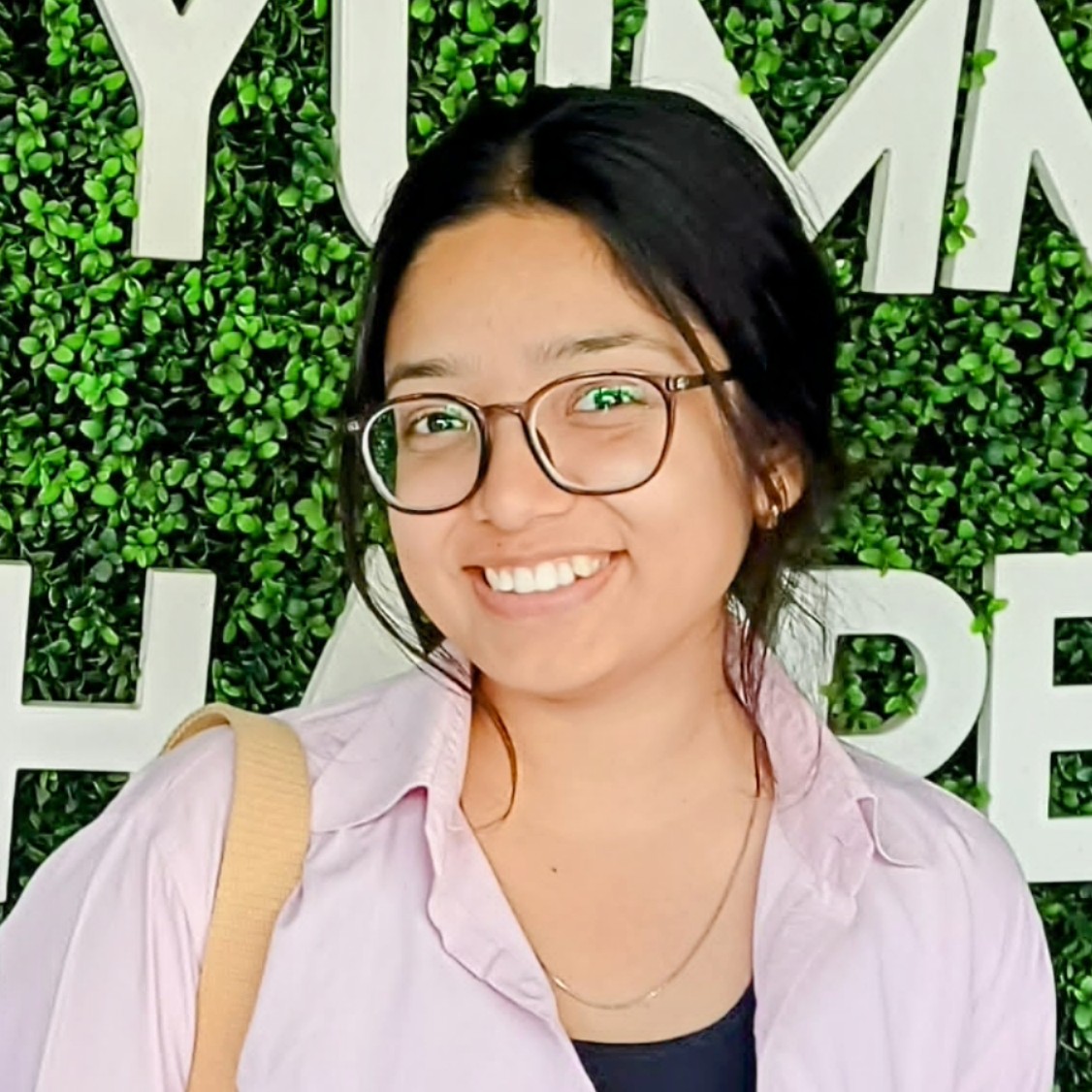
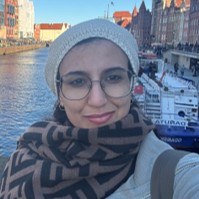
Former members
Dr Tomasz Młynik (worked in Sonata 16 grant, former member)